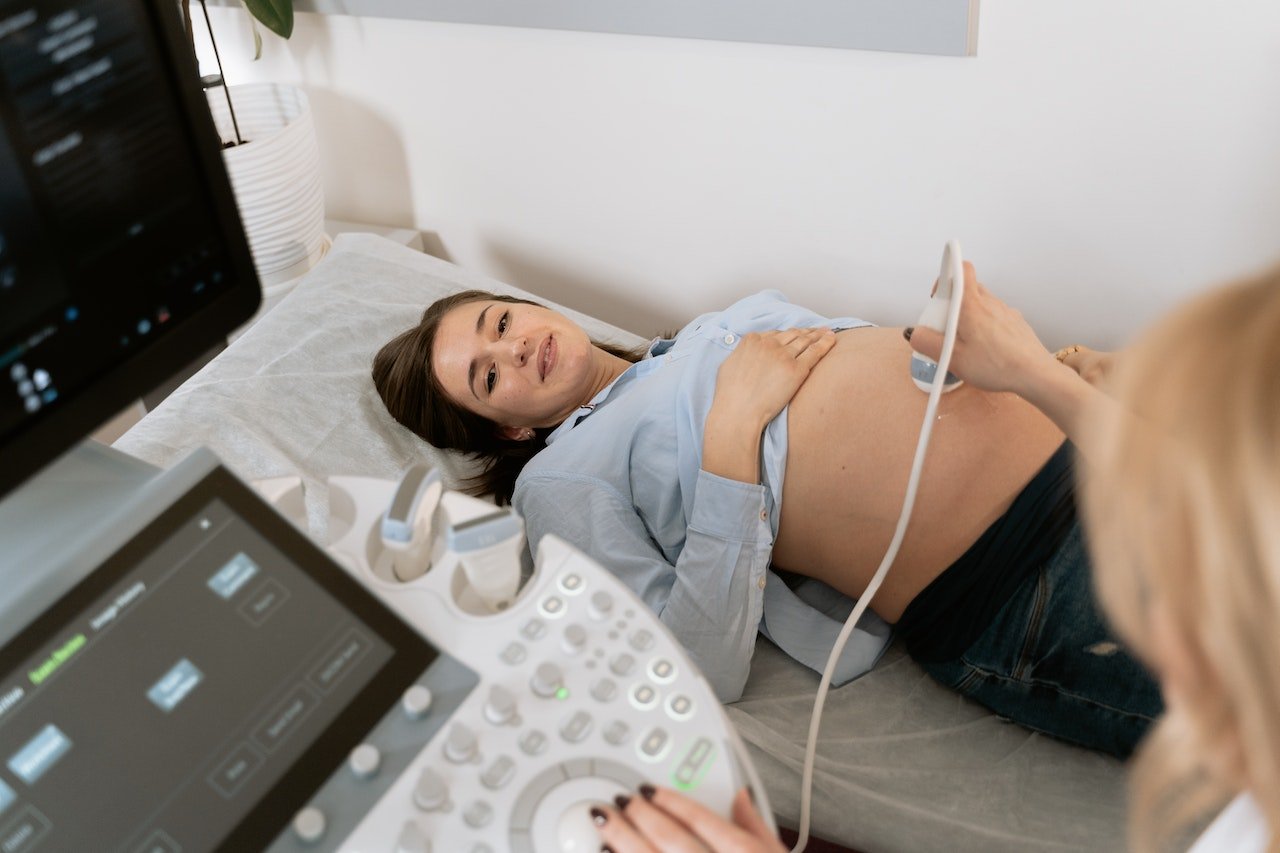If you’re pregnant, you might be contemplating having an ultrasound at some point. Perhaps, you’ve heard about MFM facilities. If you’re clueless, you might be wondering what they entail. And why would you consider them for an ultrasound? For starters, you can get a pregnancy ultrasound in Fort Dodge. Meanwhile, here’s what you need to know about MFMs.
Maternal-fetal medicine (MFM) is a branch of obstetrics that focuses on high-risk pregnancies’ medical and surgical care. Patients are typically referred to MFM by their OB/GYN or primary care physician when there are concerns about the health of the mother or baby or when there is a history of complications in previous pregnancies. An MFM specialist can help you in various ways, including:
1. Offering Comprehensive Care
MFM doctors are specially trained in managing high-risk pregnancies and have access to the latest technology and treatments. They also work closely with other specialists, including perinatologists (high-risk pregnancy specialists), genetic counselors, and social workers, to provide comprehensive care.
At an MFM facility, you can receive care from an expert team dedicated to you and your baby. This may imply access to specialists in various fields, ensuring you’re getting the best care.
It’s common knowledge that pregnancy may worsen pre-existing health issues in a woman. Plus, conditions such as high blood pressure may complicate your pregnancy. MFMs can offer expert guidance on managing these conditions without risking the unborn baby’s life.
2. Classifying Your Risk Level
One of the first things the care team does is assess your risk level. MFM doctors typically use a scoring system to classify a pregnancy’s risk level. This score is usually based on factors such as:
- Your age
- Medical history
- Results of any tests or ultrasounds, such as the presence of congenital disabilities
- Fetus’s weight
After understanding your risk level, the team can formulate a tailored care plan to ensure a healthy pregnancy and delivery. That way, they can lower or help manage the risk of complications.
3. Offering Advanced Ultrasound Technology
MFM facilities have the latest ultrasound technology, which allows for more accurate diagnosis and monitoring of high-risk pregnancies. For example, 3D and 4D ultrasounds can provide clearer images of the baby, while Doppler imaging can help assess blood flow to the fetus. Similarly, fetal echocardiography offers a clear picture of the baby’s heart.
If you’re pregnant and your doctor refers you to an MFM specialist, it pays to visit them. They use special advanced ultrasound techniques to get a detailed view of the fetus. That way, they can better understand the risks.
Amniocentesis, for instance, is a type of ultrasound used to detect congenital disabilities or infections. It involves inserting a needle into the uterus to collect a sample of the amniotic fluid. This fluid contains fetal DNA, which can be tested for certain genetic conditions. Such tests can help the specialist determine when to deliver the baby, as well as give you some peace of mind.
4. Access to High-Risk Pregnancy Services
Specialists in MFM usually offer access to a wide range of high-risk pregnancy services. Without such services, some mothers and babies would not survive. Services typically offered include:
- Fetal surgery
- Genetic counseling
- Intrauterine transfusions
These services can help manage any risks to the mother and baby and improve the chances of a healthy pregnancy. Most conventional ultrasound clinics aren’t equipped or staffed to handle such high-risk pregnancies. In that case, your best bet would be to get an ultrasound at an MFM instead of getting these services at different facilities.
5. Addressing Surgical Emergencies
MFM clinics are also equipped to handle surgical emergencies that may arise during pregnancy. For example, suppose the baby is in distress and needs to be delivered immediately (emergency cesarean section). In that case, an MFM clinic can liaise with a surgeon to safeguard your health and that of your unborn child.
Sometimes, doctors may need to perform emergency surgery to save a woman’s life. For example, if she has a ruptured ectopic pregnancy (pregnancy outside the uterus), she may need surgery to remove the fetus and repair the damage. MFM clinics are equipped to handle such emergencies and have the necessary staff and resources to provide the best care.
MFM doctors understand that pregnancy can be a worrying time for expectant mothers. Also, they come trained to address all your pregnancy-related pain points. At an MFM facility, you’re in good hands. These clinics have everything you need to overcome the hurdles that a high-risk pregnancy poses so you can experience the joys of motherhood. In short, going to an MFM gives you the best chance of a healthy pregnancy and delivery.
